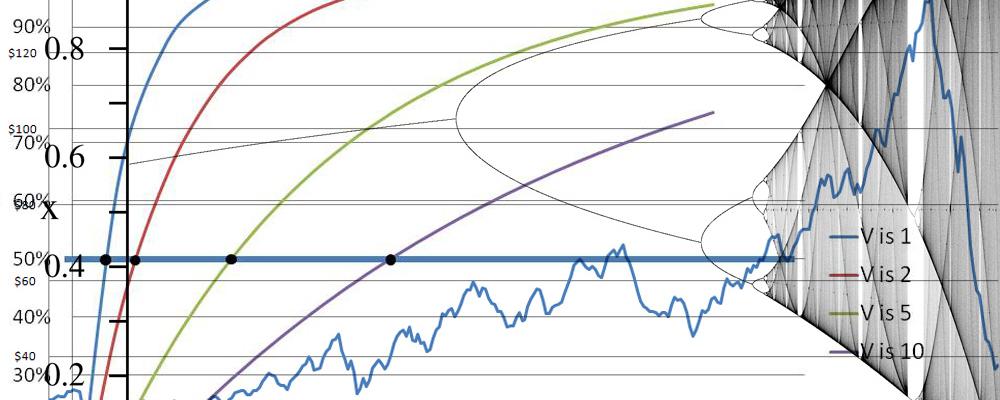November 25, 2014 at 2:33 PM
Contact: Kevin Moore, 706-542-3211
A way to think about mathematics connects both kindergarteners and high school seniors, whether they’re counting to five, working their way through a complicated algorithm or exploring the world around them.

The University of Georgia’s Kevin Moore describes that way to think as quantitative reasoning. He’s using a five-year, $741,492 National Science Foundation grant to increase the use of quantitative reasoning in how math is both learned and taught.
“If you look at most approaches to teaching mathematics, it’s all very numbers-based,” said Moore, an assistant professor in the department of mathematics and science education. “Students are playing with numbers all the time. But when those numbers aren’t representative of something to them, they’re just playing with them procedurally, just multiplying and dividing because, ‘Oh, that’s what we do,’ without a deeper understanding. So quantitative reasoning is about putting meaning to the numbers.”
Quantitative reasoning is needed in virtually all academic fields. It is used in most every profession and is necessary for decision-making in everyday life, he said. And yet, it remains largely absent from the teaching and learning of mathematics, particularly at the secondary level.
As a result of this absence, graduating high school seniors are often unprepared for future studies in science, technology, engineering and mathematics fields. Complicating the situation, K-12 teachers are not sufficiently trained before they enter the classroom.
Students understand the basics, he said. They have the reasoning skills to know that when they go to the store, they’re “dealing with prices per pound, right? Kids understand what it means for us to have a height. They understand some intuitive notions of speed—what it means to go fast and what it means to go slow.”
He wants to build on this knowledge by redesigning a current mathematics education course to focus more on developing future teachers’ quantitative reasoning. He believes the new version of the course can be used as a model by universities and colleges across the nation to prepare more secondary teachers to teach quantitative reasoning in mathematics.
Over the past 20 years, education researchers and curriculum experts, including those who developed the Common Core State Standards for Mathematics, have urged mathematics educators to increase emphasis on quantitative reasoning.
Moore wants his UGA pre-service teachers to help future middle and high school students explore math in a deep way, so that they understand mathematics in ways that benefit their learning and future success.
“Research tells us that our pre-service teachers weren’t engaged in quantitative reasoning in their high school classrooms,” said Moore. “So our first goal is to give them experiences in quantitative reasoning and then ask them to think about how they would do this with their students.
“The course materials we are developing really embody quantitative reasoning and how best to teach it. We will also create workshop materials to use with high school teachers, which will include instructional activities for their use in classrooms.”
In addition to providing transformational experiences for 150 pre-service teachers over the five-year life of the grant, the project will influence the pre-service teachers’ future middle and high school students and those teachers with whom they collaborate professionally.
The project titled, Advancing Secondary Mathematics Teachers’ Quantitative Reasoning, is supported by a NSF Early Career Grant under award number DRL-1350342.

